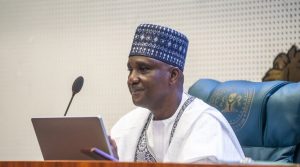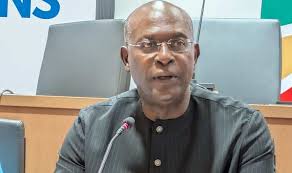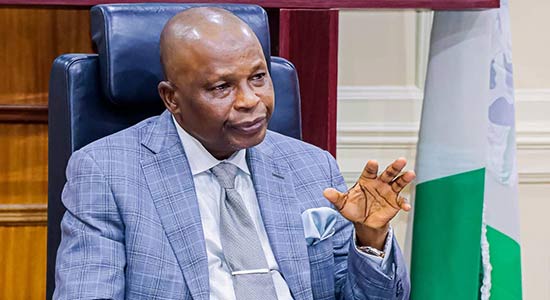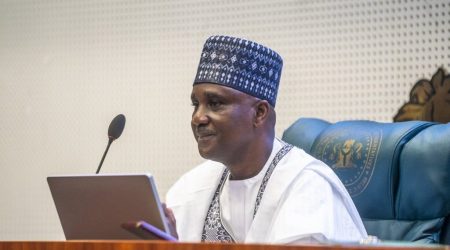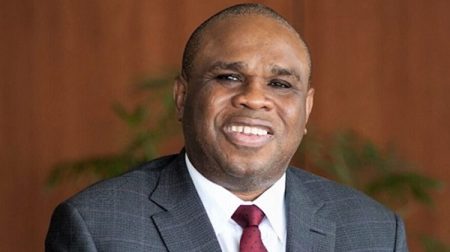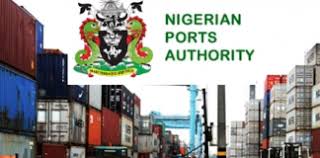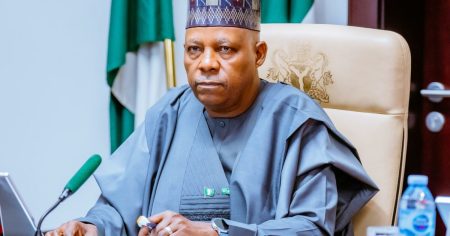The Osun Masterminds, a civil society organization based in Osun State, Nigeria, has publicly called upon the state government to heed the advice of the Attorney-General of the Federation and Minister of Justice, Lateef Fagbemi, concerning the ongoing leadership crisis affecting the local government areas within the state. The group asserts that Fagbemi, as the highest-ranking legal officer in the federation, holds an authoritative position, and therefore his opinions on legal matters are not merely advisory but carry binding authority. This appeal was made during the organization’s monthly media briefing in Osogbo, the state capital, where the group’s Executive Director, Professor Wasiu Oyedokun-Alli, addressed journalists.
Central to the Osun Masterminds’ argument is their contention that the state government is demonstrating a blatant disregard for not only the rulings of the Appeal Court but also the Office of the Attorney-General of the Federation. Oyedokun-Alli emphasized that the group had meticulously reviewed various legal viewpoints on the local government disputes, particularly those offered by esteemed senior lawyers, and their analysis consistently pointed to the state government’s actions as being contrary to established legal precedents and court pronouncements. Furthermore, the group questioned the motivations behind the state government’s apparent reluctance to collaborate with local government chairmen elected under a different political banner, emphasizing the importance of respecting the principle of separation of powers and working together for the benefit of the populace, irrespective of political affiliations.
The Osun Masterminds pointedly questioned the state government’s rationale for its stance, particularly in light of the collaborative approach adopted at the federal level, where the APC-led federal government continues to work with the PDP-led Osun State government. This, they argued, highlighted the inconsistency in the state government’s position. The group therefore urged stakeholders to intervene and persuade the Osun State Government to resolve the local government crisis, emphasizing the importance of peaceful coexistence among residents regardless of their political affiliations. They stressed the need for a collaborative approach to governance that prioritizes the well-being of the citizens over partisan political considerations.
In response to the Osun Masterminds’ pronouncements, the spokesperson for the ruling Peoples Democratic Party (PDP) in Osun State, Oladele Bamiji, dismissed the group as a partisan organization with a history of supporting the All Progressives Congress (APC). Bamiji characterized the Osun Masterminds as a hypocritical entity operating under the guise of a civil society organization while actually serving the interests of the APC. He accused the group of issuing monthly pronouncements not out of genuine civic concern but rather as a means of securing financial compensation from their political sponsors.
Bamiji further challenged the Osun Masterminds’ assertion that the Attorney-General’s opinion holds binding authority, arguing that such a position elevates the personal views of a political appointee above the rulings of a competent court of law. He ridiculed the notion that a group claiming civic literacy would prioritize the Attorney-General’s personal opinion over established legal precedent. This response effectively framed the Osun Masterminds’ pronouncements as politically motivated and lacking legal merit, further exacerbating the ongoing political tension within the state.
The ongoing dispute highlights the delicate balance between the authority of different branches of government and the role of civil society organizations in advocating for adherence to the rule of law. The Osun Masterminds’ call for the state government to respect the Attorney-General’s opinion, while contested by the ruling party, underscores the complex interplay between legal interpretations, political considerations, and the pursuit of good governance. The situation also raises broader questions about the credibility and neutrality of civil society organizations within a politically charged environment, as their pronouncements are often subject to accusations of partisan bias. Ultimately, the resolution of the local government leadership crisis will require a commitment to dialogue, adherence to legal principles, and a prioritization of the interests of the citizens of Osun State.


